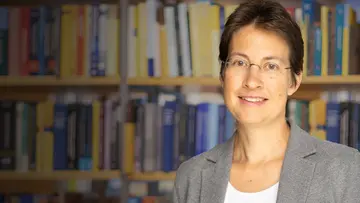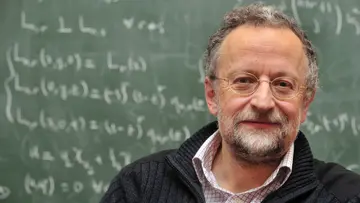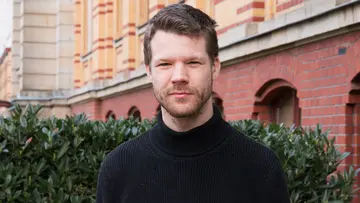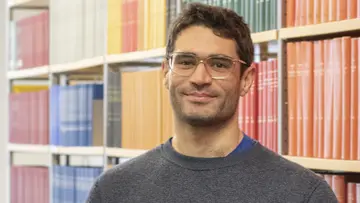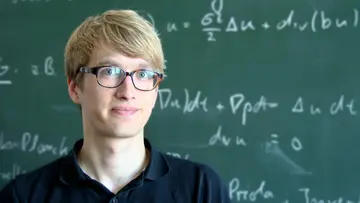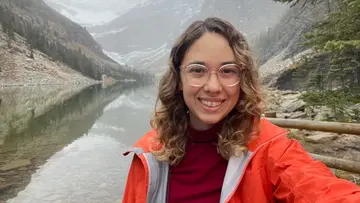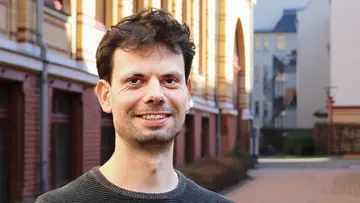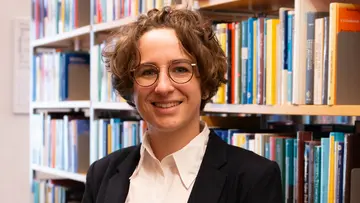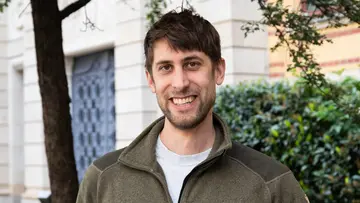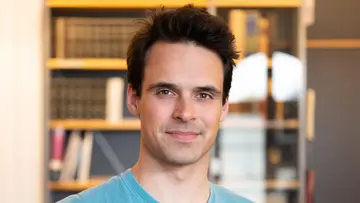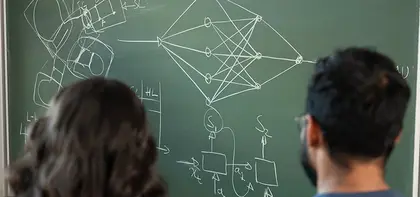
Research Groups
Explore the pioneering research at MPI MiS, where our research groups are dedicated to advancing outward-looking mathematics. Learn more about how our researchers are expanding the frontiers of understanding and seeking innovative solutions to complex challenges.
-

-

-

-

-

-

-

-

-

-

-

-

-

-

-

-

-

-

-

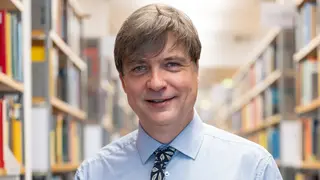
Our research focus is the analysis of continuum models that originate in materials science and fluid mechanics. Our technical expertise is in the calculus of variations and partial differential equations.

Our research focusses on fundamental problems in algebra, geometry and combinatorics that are relevant for nonlinear models.

The main focus of this group is on rigorous applied mathematics, mainly involving partial differential equations and the calculus of variations. We bridge several mathematical sub-disciplines by applying methods originally developed for differential geometry (Gromov) to fluid dynamics and nonlinear elasticity.
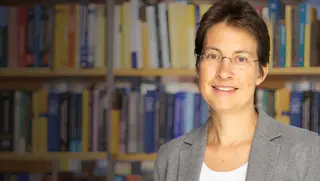
We conduct fundamental research in geometry, group theory, and dynamics, explore applications and interactions with other sciences and engage in communicating mathematics to the broader public.
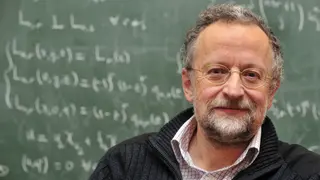
The emeritus group of Jürgen Jost is an interdisciplinary research team that carries out research in pure mathematics and explores new approaches to complex systems in a wide range of domains, bringing in the spectrum of mathematical concepts and methods in novel ways.

We are interested in applications of Stochastic Analysis in Mathematical Physics, more specially in using probability to study Gibbs measures coming from Quantum Field Theory and Statistical Mechanics.
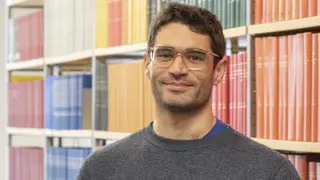
We are interested in various geometric structures on surfaces and 3-manifolds and the understanding of their geometry and deformations. Some deformations yield dynamical systems on moduli spaces; ergodic theory offers new perspectives on these objects.
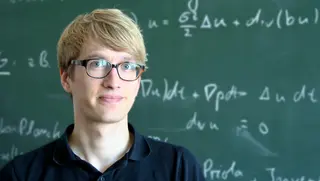
Our focus is on the study of stochastic partial differential equations (SPDEs), nonlinear partial differential equations, stochastic dynamics, interacting particle systems, machine learning, and fluid dynamics.

Cluster algebras are structures that lie at the interface of algebra and combinatorics which appear in surprising ways throughout mathematics. We answer fundamental questions about cluster algebras by investigating the interaction between their algebraic and combinatorial structure.
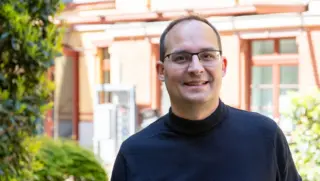
Our research group focuses on structural and extremal combinatorics, discrete algorithms and combinatorial limits. We advance these areas by applying techniques from analysis, logic and probability, often employing computational approaches. We also develop and apply mathematical methods to address problems of interest in computer science, with a particular focus on algorithm design.

We advance key problems in Deep Learning Theory using geometric analysis. Our mission is to consolidate the theoretical foundations for the success of Deep Learning and make them more broadly applicable. We draw on innovative mathematics to streamline progress into new frontiers.

Following the sad news of Sayan's passing, the group was dissolved. The former group members have now been assigned to other groups. The group ‘Stochastic Topology and its Applications,’ which was funded by Sayan's budget, continues to exist.
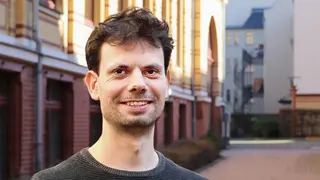
We study how highly irregular noise interacts with nonlinear systems across multiple scales. Drawing on rough path methods, renormalization, and energy solutions, we investigate both small-scale singularities and large-scale behavior in stochastic dynamics.

Our goal is to explore and broaden the scope of algebraic geometry and its connections with different branches of math & sciences. We are driven by the belief that this field transcends traditional boundaries, promoting collaboration & practical applications.

We conduct research at the interface of mathematics and theoretical physics, making use of a high degree of cross-fertilization between physical ideas and intuition on the one hand and rigorous mathematical theory on the other.

We explore the topology of random combinatorial and geometric structures. Our research includes percolation models on lattices, configuration spaces, and random simplicial and cubical complexes. We also investigate extremal topological structures and their properties.
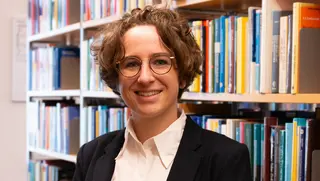
Algebraic analysis tackles linear differential equations and their solution functions by means of algebraic geometry. We are concerned with the concise study of these equations and explore further algebraic structures behind important functions in the sciences. We put a particular focus on Feynman integrals.
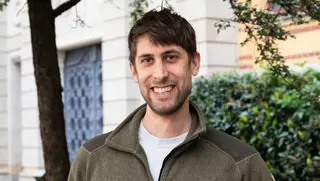
We study fundamental problems in differential geometry with a focus on symmetric spaces, harmonic maps, and geometric structures. We use classical methods as well as finding new approaches inspired by algebraic geometry, number theory, and dynamics.
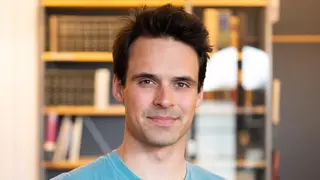
We are dedicated to solving computational problems in algebraic geometry and related areas using numerical techniques. This includes solving polynomial equations, computing geometric and topological invariants of algebraic varieties, algebraic optimization, tensor decomposition and variable elimination.
-
See More
Former Directors and Research Groups



